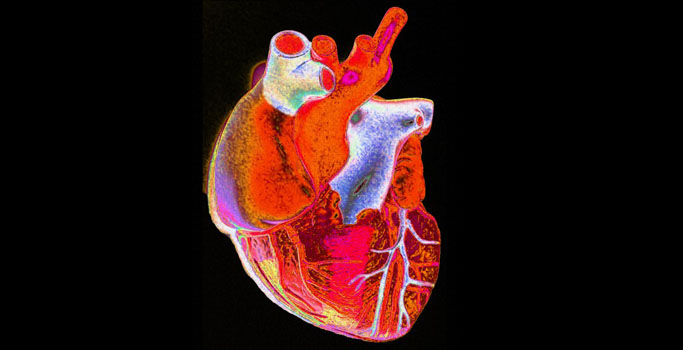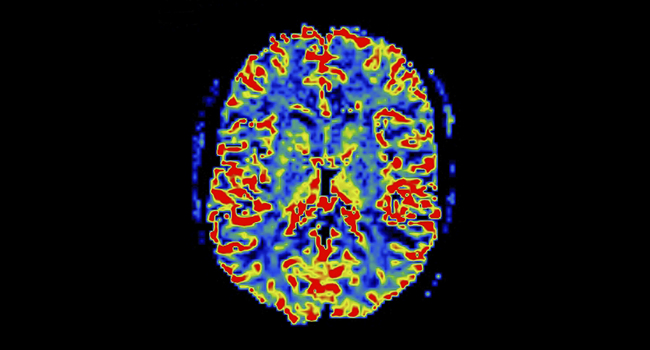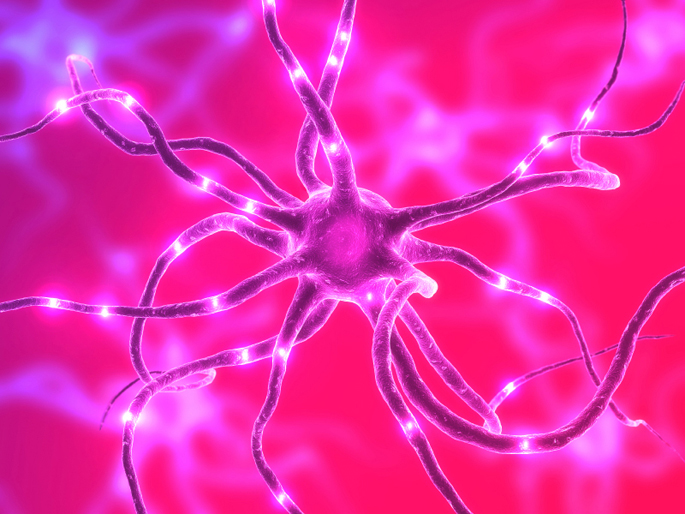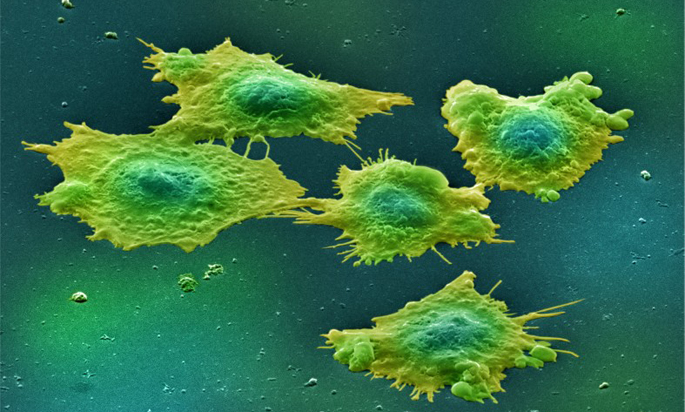NCATS
-

Study identifies new culprit in lung cancer development
A microRNA — a small piece of RNA involved in regulating gene expression — functions as an oncogene to drive the development of lung cancer, Vanderbilt University investigators have discovered. Read MoreJan 27, 2016
-

Immune response in transplantation
Thirty-three percent of pediatric heart transplant patients developed antibodies against the donor heart, which can lead to rejection, a new Vanderbilt study reports. Read MoreDec 16, 2015
-

DISSECTing cell signaling networks
Vanderbilt researchers have developed a new method to study cell signaling networks at single-cell resolution. Read MoreDec 14, 2015
-

Children, heart disease, and IQ
Treatment for congenital heart disease during infancy may result in cognitive and attentional deficits during adolescence and young adulthood, Vanderbilt researchers have found. Read MoreNov 16, 2015
-

Prenatal folic acid and asthma
The timing of folic acid-containing prescription filling during pregnancy was associated with childhood asthma, according to a new Vanderbilt study. Read MoreOct 30, 2015
-

Healing without scarring
Drugs that inhibit the Wnt signaling pathway can regenerate injured skin and may be useful in treating fibromatosis, degenerative joint disease and cancer. Read MoreOct 16, 2015
-

Brain circuitry in psychosis
Functional magnetic resonance imaging has revealed faulty circuits between the thalamus – a central hub of brain activity – and other brain regions. Read MoreAug 21, 2015
-

Bridging the antibiotic gap
Vanderbilt researchers have discovered how certain molecules with antibiotic properties are synthesized, findings that could lead to new drugs that overcome the increased antibiotic resistance in bacteria. Read MoreAug 7, 2015
-

Drug signaling networks
Vanderbilt investigators have developed a new algorithm to understand the networks of signaling molecules that control drug action. Read MoreJul 15, 2015
-

A view of brain function in disease
Vanderbilt investigators report the first use of a specialized type of MRI to study the hippocampus in patients with schizophrenia. Read MoreJun 16, 2015
-

New strategy to combat HIV
Inhibitors of the enzyme phospholipase D1 suppress the replication of HIV-1, Vanderbilt investigators have discovered. Read MoreJun 12, 2015
-

New player in neuronal communication
Vanderbilt researchers have discovered a novel mechanism for the development of dendritic spines – sites of nerve cell communication. Read MoreMay 1, 2015
-

Boosting beta cells in diabetes
New findings suggest that it might be possible to treat diabetes by regenerating insulin-producing beta cells in the pancreas. Read MoreApr 20, 2015
-

‘Stretched’ cells promote cancer
Mechanical stress appears to be a critical factor in activating normal tissue-associated fibroblasts to generate cancer-associated fibroblasts. Read MoreFeb 19, 2015
-

New clue to a devastating disease
New findings suggest a previously unrecognized role for the Sox10 transcription factor in Hirschsprung’s disease, and may lead to improved diagnostic and therapeutic approaches for this disease. Read MoreJan 28, 2015
-

New view of dopamine heteromers
Although heteromeric dopamine receptors composed of both D1 and D2 subunits have been proposed to play a role in depression and schizophrenia, recent studies suggest these heteromers do not exist. Read MoreJan 23, 2015
-

Inner ear keeps bones strong
Alterations of the vestibular system - the part of our inner ear that controls balance - may contribute to bone loss related to both aging and space travel. Read MoreJan 14, 2015
-

Cognitive changes in ‘standing’ syndrome
Patients with orthostatic intolerance – problems when standing – have cognitive changes, even when seated, compared to healthy individuals. Read MoreJan 13, 2015
-

Does fish oil help prevent A-fib?
Growing evidence suggests that fish oil, thought to directly prevent inflammation, oxidative stress and heart disease, may have limited clinical utility. Read MoreJan 9, 2015
-

Atrial disease and hypertension links
New findings suggest that misfolded proteins accumulate in the heart atria, particularly in patients with hypertension, and may contribute to atrial heart disease. Read MoreDec 18, 2014